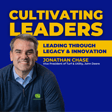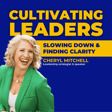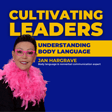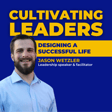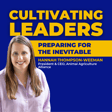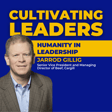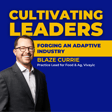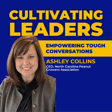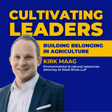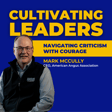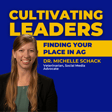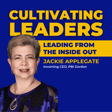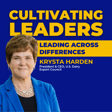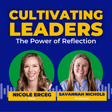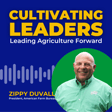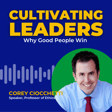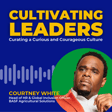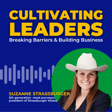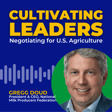
A Vision of Connecting Talent with Jessie Jarvis
What if one rancher’s vision could shape the future of the agriculture job market and create a movement of connecting leaders?
In this episode of The Cultivating Leaders Podcast, Nicole is joined by Jessie Jarvis, a third-generation rancher, entrepreneur, and the visionary behind Of The West. Raised on her family’s cattle ranch in Southern Idaho, Jessie shares how her entrepreneurship journey shaped her unique perspective on serving the industry, helping others build a career in agriculture, and the power of connection.
Jessie shares about:
- Recognizing an Industry-wide Issue: personal experiences opened her eyes to a successful business opportunity
- Building a Successful Startup: spoke candidly about launching the platform, stressing the sacrifices and risks of entrepreneurship
- Navigating the Evolving Ag Labor Market: addressed the challenges in agriculture’s current job market
Full of honest stories, bold insights, and deep passion, Jessie reminds listeners that the best leaders don’t just build businesses—they build communities.
Connect with Jessie
Connect with AFA
- Follow us on LinkedIn
- Follow us on Instagram
- Like us on Facebook
- Follow us on TikTok
- Visit our Website
About The Cultivating Leaders Podcast
Real stories. Practical advice. Tangible growth. Join The Cultivating Leaders Podcast, brought to you by Agriculture Future of America, as we explore what it takes to lead in food, agriculture, and beyond. Whether you’re just starting out or leading at the highest level, this podcast is your go-to resource for leadership that matters. Listen now and start cultivating your leadership journey.
Don’t forget to follow/subscribe so you never miss another episode!
